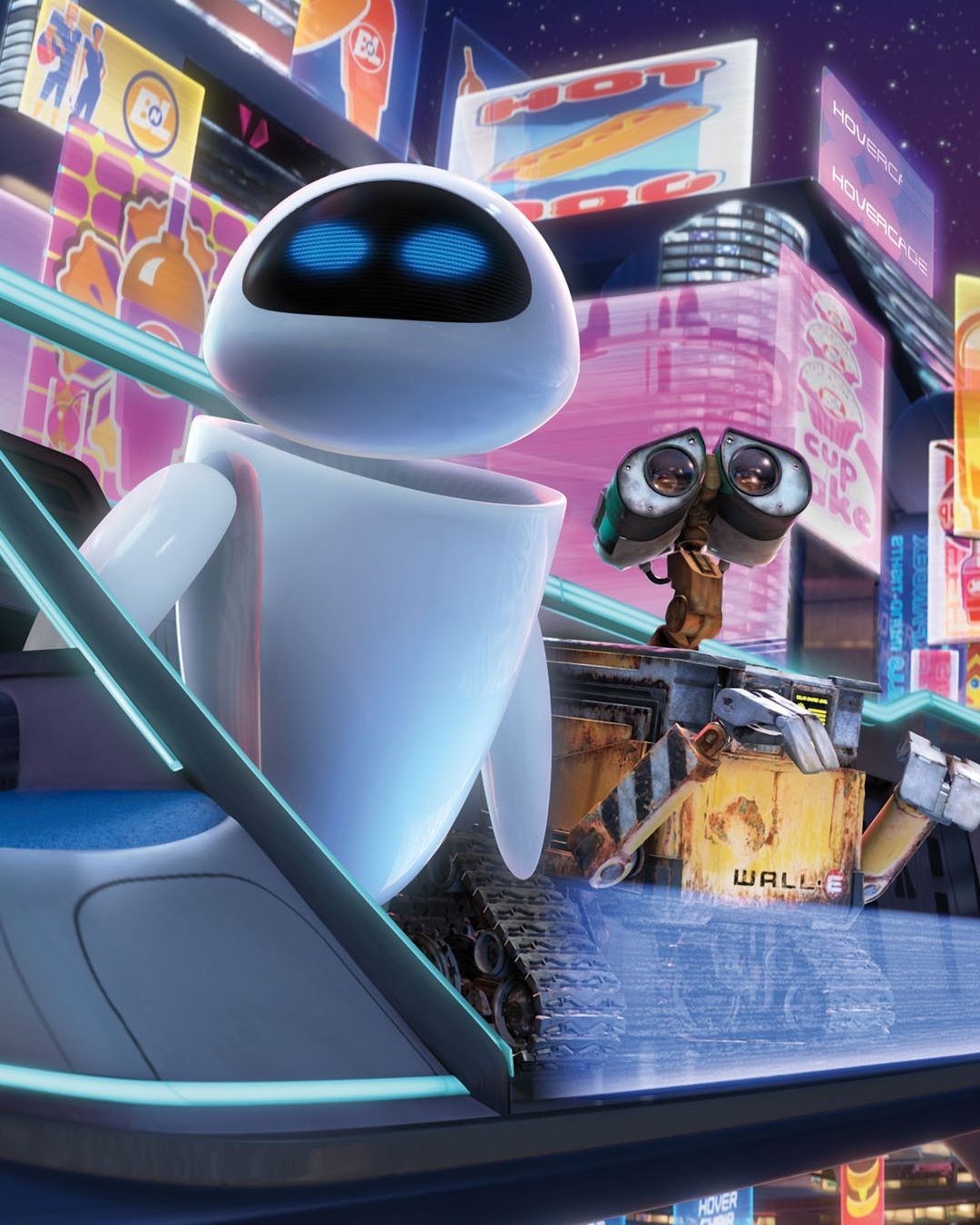
The artists that Midjourney employs to train the AI From Frida Kahlo to Andy Warhol and Banksy
Among the most famous programs in artificial intelligence, in addition to OpenAI and DALL-E, there is Midjourney, which focuses on generating images from textual descriptions. To enable Midjourney to generate diverse images, it relies on an extensive database of files containing some highly significant works of art that contribute in some way to training the AI's generative feature. During the New Year's weekend, a news release on X revealed how Midjourney had developed a database containing styles, genres, movements, tools, and techniques belonging to thousands of artists to train the text-to-image AI generator. Additionally, Jon Lam, an employee at the video game company Riot Games, shared several screenshots showing a conversation among Midjourney software developers discussing the creation of the now-famous database.
Midjourney developers caught discussing laundering, and creating a database of Artists (who have been dehumanized to styles) to train Midjourney off of. This has been submitted into evidence for the lawsuit. Prompt engineers, your “skills” are not yourshttps://t.co/wAhsNjt5Kz pic.twitter.com/EBvySMQC0P
— Jon Lam #CreateDontScrape (@JonLamArt) December 31, 2023
The 24-page list containing the names of artists used by Midjourney for training its image generator (Exhibit J) includes names of high-profile modern and contemporary artists, including illustrators working for companies such as Hasbro, Magic the Gathering, and Nintendo. Among the well-known names are Andy Warhol, Anish Kapoor, Yayoi Kusama, Gerhard Richter, Frida Kahlo, Ellsworth Kelly, Damien Hirst, Amedeo Modigliani, Pablo Picasso, Paul Signac, Norman Rockwell, Paul Cézanne, Banksy, Walt Disney, and Vincent van Gogh. You can find the list of names used by Midjourney at this link: it contains 16,000 artists and was used months ago as evidence during a legal action against Stability AI, Midjourney, and DeviantArt, accompanied by the submission of 455 pages of additional evidence on November 29th.
Last September, the United States Copyright Review Commission ruled that an image generated using Midjourney's software cannot be subject to copyright due to the method by which it was created. We can only wait to see the implications of this list's release, but we can expect a significant mobilization from creative professionals still active.












































